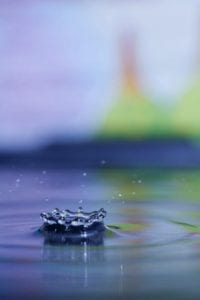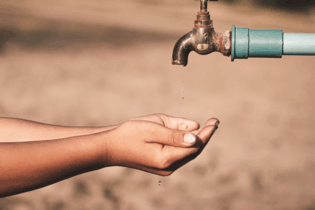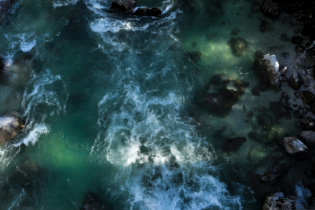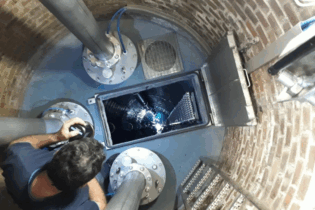South Africa’s water resources have been under increasing pressure and water shortages have been the source of several service delivery protests over the past year.
In a move to secure South Africa’s water, Deputy Minister Water and Sanitation Pamela Tshwete recently launched the South African regional chapter of the International Water Security Network. This International Water Security Network project brings together the University of the West of England, Monash South Africa and the University of Arizona to investigate issues around water security. Under the themes of ‘risks and vulnerabilities’ and ‘innovation and adaptive capacity’, the project will investigate urban water security, trans-boundary water security, and improving water quality security. “This five-year collaborative initiative will complement our strategies as the country and the work we have been doing as part of water provision in the different spheres of government,” Tshwete said at the launch. “We take note of the fact that South Africa has been selected to be amongst the first countries targeted for this programme. Our participation in this programme will also improve participation, collaboration and cooperation in other international platforms where we are involved in relation to water security, sourcing, control and provisioning to all our communities,” she said. “At the end of the five years I strongly believe as a country we would have turned the corner in terms of raising awareness on the importance of water, focused areas of study in water management, provision of new technology for water supply and generally dealing with our challenges.” Developing skills According to Tshwete, the programme will also assist in skills development through ushering future leaders and individuals qualified in teaching and research on water management services. “Such a dual programme will provide the country with the requisite capabilities to manage the water resource and systems.” Opportune timing Tshwete believes the regional launch has come at an opportune time which she describes as “a time when in our country the water technology that has been in use in some areas for more than hundred years is beginning to fail us.” The launch coincides with the South African government’s efforts to intensify the roll-out of water infrastructure and a period when new technology is required to rehabilitate and replace the old water infrastructure and speed up the roll-out process. Changing the water sector“As the department we are very happy to see so many universities collaborating and consolidating efforts as part of their academic programmes to reach out to communities and provide services we could not provide as government. Thank you so much for taking time in pursuing this effort,” Tshwete emphasised.
She pointed out that the research work that has been conducted has introduced a number of game changers in the water sector. However, there are still many challenges. Identifying the challenges According to Tshwete, since its recent establishment, the Department of Water and Sanitation has followed a process on consultation with all water entities, municipalities and provinces. This was done in an attempt to address the sustainability of equitable water availability for all communities, review of and exploring solutions for an equitable water plan that will supply and service all communities. During these consultative sessions, Tshwete said her department picked up more challenges in the water and sanitation system. These include: • limited water resources • poor management of the existing water resource • limitation in the implementation of cost recovery • ageing infrastructure • poor electricity supply • unauthorised connections • vandalism of water infrastructure • lack of personnel with technical skills • lack of professional service providers • high water losses due to water leaks.






